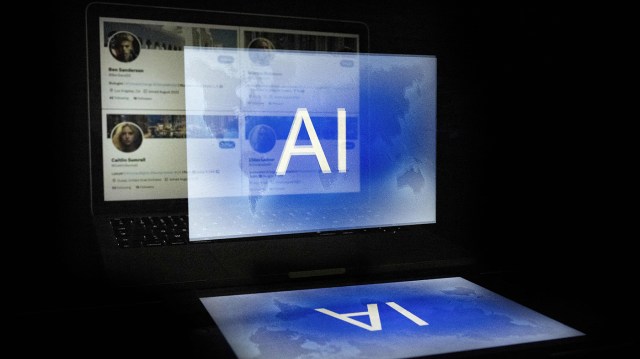Whilst other types of AI will continue to drive the majority of the business impact, generative AI remains a highly debated subject. The major industry players have already made their initial moves, but new contenders like the French startup Mistral are emerging rapidly. This explosion of foundational models is ongoing, leading to a crowded field at the top of the rankings, with distinctions between each becoming increasingly minimal. Paradoxically, this intensifying competitive landscape is resulting in commoditization.
The lesson for enterprises is clear: with the proliferation of models, the concern over selecting the right one diminishes. Rather than succumbing to the Fear Of Missing Out on Large Language Models, it is advisable to focus on developing use cases, conducting trials, and expanding using whichever generative AI services are currently effective and suitable. Companies are actively exploring the application of generative AI in various areas such as creating marketing content, summarizing customer service interactions, leveraging domain-specific knowledge through chatbots, and generating workflows and applications. By adopting a center-out architecture with a proprietary generative API, organizations can seamlessly transition to the prevailing model or service of the moment.
The Rise of Generative AI
The question arises: can we empower generative technology with more autonomy to plan and act independently in a secure manner? It is foreseeable that generative AI-driven agents will soon be integrated with all internal and external data and knowledge sources, enabling them to devise strategies, collect data, and execute tasks autonomously. While human oversight remains crucial for monitoring and managing AI, approving plans, and defining clear boundaries on AI capabilities, major research institutions are actively pursuing this pivotal advancement.
Integration of Generative AI into the Workforce
As generative AI matures in terms of autonomy, the next question is: who will guide its practical implementation? To comprehend the dynamics of this transition, insights from generative AI researchers and even philosophers of science like Thomas Kuhn are invaluable. Kuhn’s theory from the 1960s posits that scientific progress occurs not through gradual evolution but via significant paradigm shifts driven by new generations of researchers.
Likewise, in enterprise AI, Generation AI is poised to enter the workforce – a cohort familiar with utilizing generative AI tools during their academic or consulting pursuits, and who engage with AI-generated content on social media platforms. Their perspective is shaped by ChatGPT, MidJourney, or TikTok, rather than traditional business applications like Siebel or Cobol. This generation brings expertise, a progressive mindset, and high expectations regarding AI’s role in creating value for both customers and businesses, emphasizing ethical AI practices. Rather than fearing job displacement by AI, individuals should consider the prospect of new entrants adept at leveraging AI technologies taking over their roles.
Anticipating 2024: A Year of Generative Advancements
Looking ahead to 2024, we anticipate a surge in specific generative AI use cases that deliver tangible value to customers and businesses. Development and scalability will be guided by centralized governance and an agile, low-code approach to rapidly building and learning from new features. Furthermore, empowering generative AI with greater autonomy and welcoming a fresh wave of AI-first employees who are eager to collaborate and adopt generative AI solutions will drive further innovation in the field.






